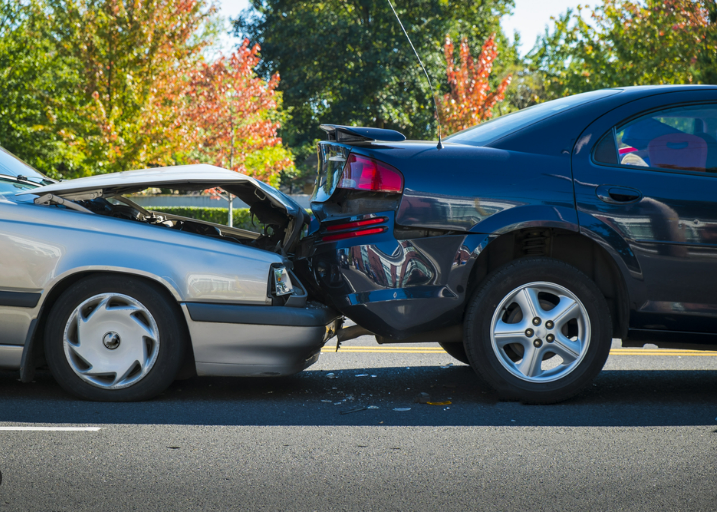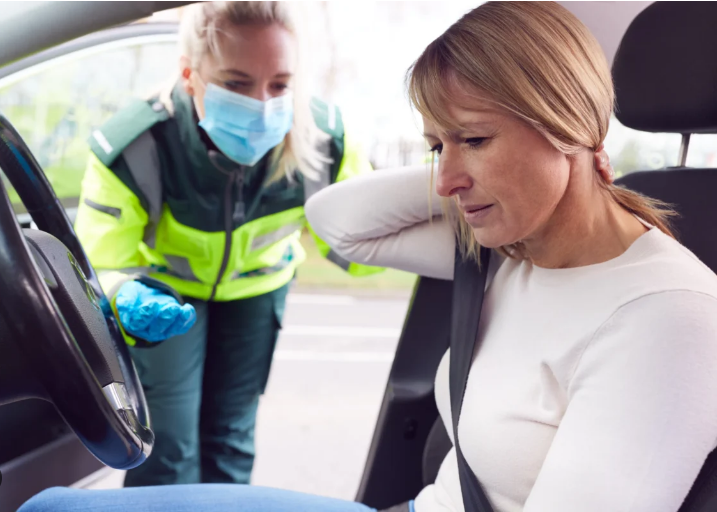
If you’re exploring car insurance in New Jersey, it’s important to understand personal injury protection (PIP), a key component of auto coverage in the state. Known as NJ PIP, this insurance covers medical expenses and related costs regardless of fault in an accident. Familiarizing yourself with whether PIP is mandatory in NJ and the specific coverage limits is crucial for making informed decisions about your insurance. Understanding the details of NJ PIP can help ensure compliance with state regulations while offering essential protection in case of an accident. Bankrate’s editorial team can guide you through the specifics of PIP insurance in New Jersey, ensuring you have the right coverage for your needs.
What is PIP insurance?
New Jersey is classified as a no-fault state, meaning that laws are designed to expedite payment for personal injury claims after an accident. In a no-fault system, your ability to sue the other driver is limited, but your auto insurance, specifically through PIP coverage, ensures that claims are paid quickly without the delays of court proceedings.
However, being a PIP state doesn’t mean fault is never assessed. If the other driver is found to be at fault, their liability insurance may cover your medical expenses once fault is established.
All U.S. states require a minimum level of liability insurance to drive legally, and New Jersey is updating its minimum limits. As of January 1, 2023, the required minimums under a Standard Auto Insurance Policy in New Jersey are:
- $25,000 bodily injury liability per person
- $50,000 bodily injury liability per accident
- $25,000 property damage liability per accident
- $15,000 personal injury protection (PIP)
- $25,000 uninsured motorist bodily injury per person
- $50,000 uninsured motorist bodily injury per accident
- $25,000 underinsured motorist bodily injury per person
- $50,000 underinsured motorist bodily injury per accident
These limits will increase again on January 1, 2026, requiring:
- $35,000 bodily injury liability per person
- $70,000 bodily injury liability per accident
- $25,000 property damage liability per accident
- $15,000 personal injury protection (PIP)
- $35,000 uninsured motorist bodily injury per person
- $70,000 uninsured motorist bodily injury per accident
- $35,000 underinsured motorist bodily injury per person
- $70,000 underinsured motorist bodily injury per accident
New Jersey also offers a Basic Auto Insurance Policy, which includes lower minimums:
- $5,000 property damage liability per accident
- $15,000 personal injury protection (PIP)
The Basic Policy offers bodily injury liability as an option, capped at $10,000 per accident. It’s important to note that this policy does not provide uninsured or underinsured motorist coverage, and optional comprehensive and collision coverage may be limited with certain insurers.
Regardless of whether you choose a Standard or Basic Auto Insurance Policy, PIP coverage is mandatory in New Jersey.
How does New Jersey PIP work?

New Jersey PIP coverage helps pay for medical expenses for you and your passengers up to your policy limit, regardless of fault in an accident. It can also cover accident-related costs such as lost wages, transportation to medical appointments, funeral expenses, and essential services if you choose this additional coverage.
Additionally, New Jersey allows you to coordinate your personal health insurance with your PIP coverage, which could lower your auto premium. However, it’s advisable to consult with a licensed insurance agent and your health insurer to ensure this option meets your coverage needs.
Is PIP required in New Jersey?
In New Jersey, all drivers are required to have a minimum of $15,000 in PIP insurance before operating a vehicle on public roads. Insurance companies will only provide policies that meet these requirements, but you have the option to select higher PIP limits for increased coverage on initial expenses after an accident.
PIP coverage can be used in various ways. Primarily, it covers medical bills for you and your passengers. It can also be used to cover lost wages and essential services. Consulting with a licensed insurance agent can help you determine the appropriate amount of PIP coverage for your needs.
How much does PIP cost in New Jersey?
When applying for auto insurance, your insurer will provide a quote based on various factors, including your vehicle’s age and make, your ZIP code, driving history, marital status, age, and credit rating. As a result, the cost of PIP insurance in New Jersey can differ significantly from person to person.
Additionally, consider your deductible amount, as a higher deductible typically leads to a lower premium, along with the level of PIP coverage you choose.
